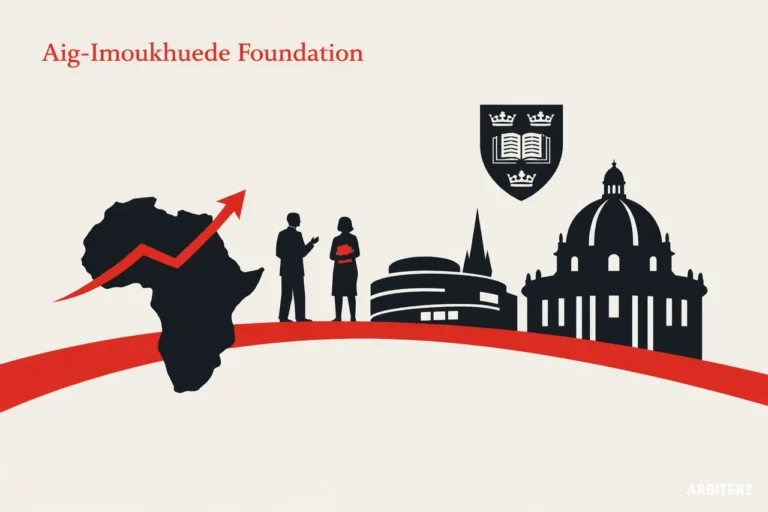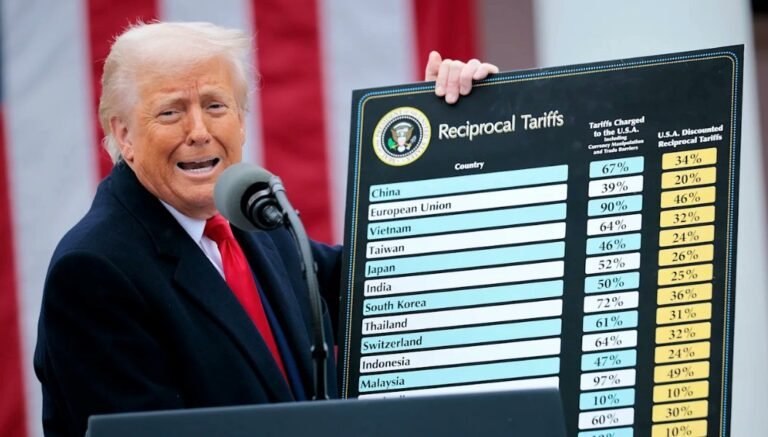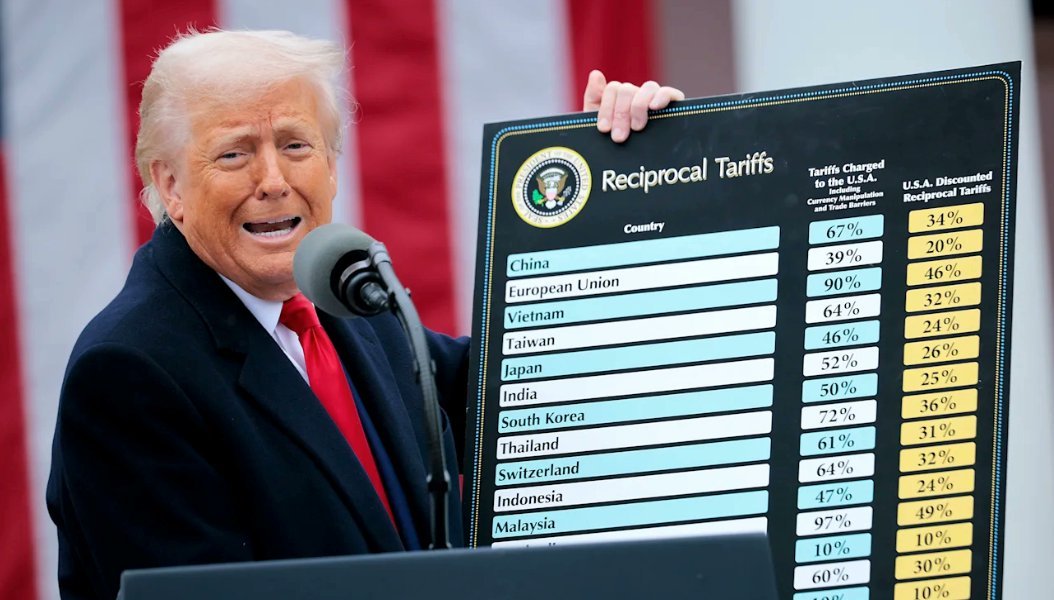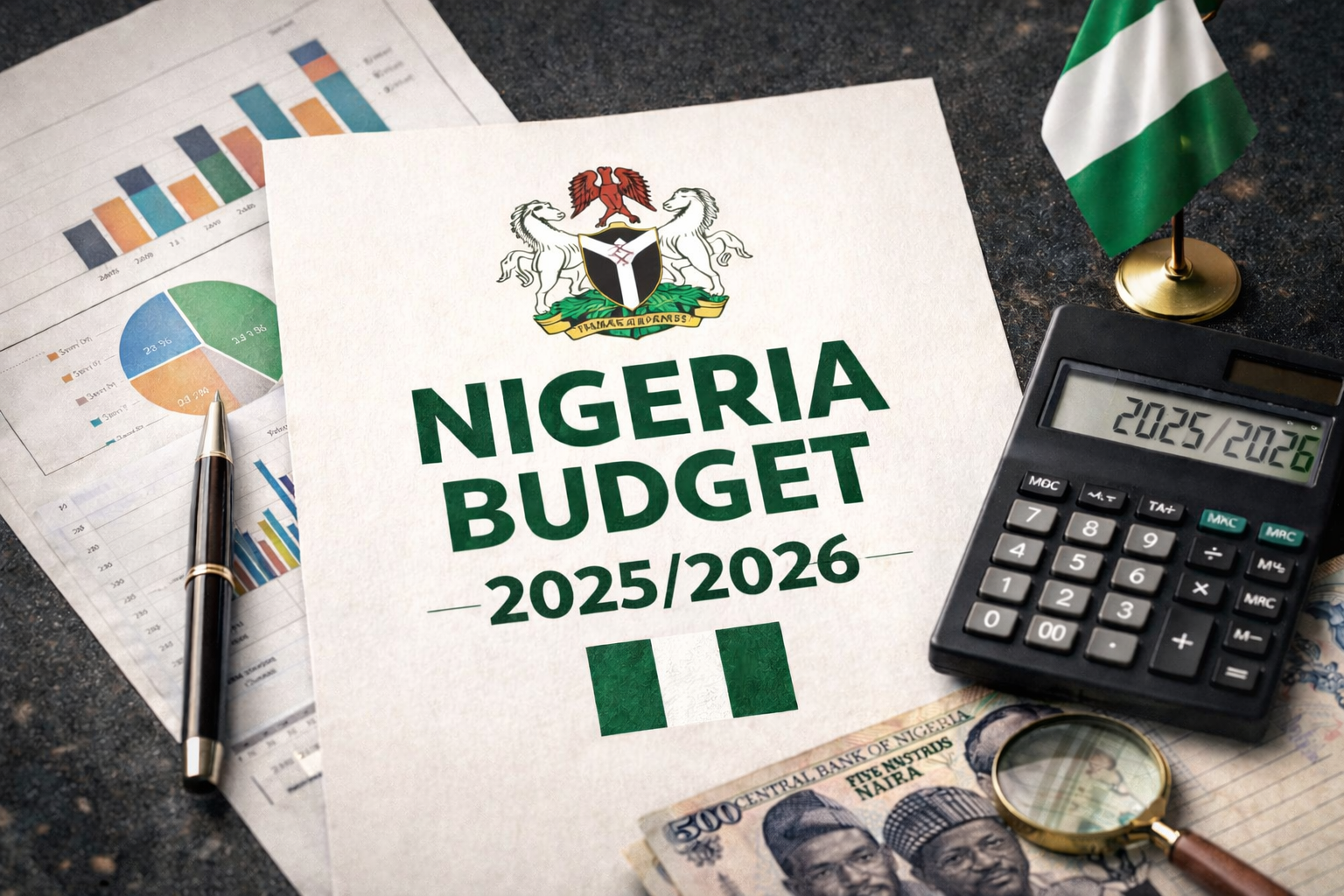Foreign capital inflows into Nigeria’s Manufacturing sector declined sharply by 32.18% year-on-year in the first quarter of 2025.
According to the latest Capital Importation Report by the National Bureau of Statistics (NBS), the sector imported $129.92 million in Q1 2025, down from $191.57 million recorded in Q1 2024.
The quarterly performance was more concerning, with a 69% drop from the $421.04 million reported in Q4 2024. This downturn in investment contrasts with the broader improvement seen in overall capital importation into Nigeria during the period under review.
Factors Behind the Decline
- High Interest Rates and Tight Monetary Policy: At its 301st meeting in July 2025, the Central Bank of Nigeria (CBN) maintained the Monetary Policy Rate (MPR) at 27.5%. This sustained tight monetary policy has pushed lending rates for manufacturers above 35%, driving up production costs and discouraging investment. The Manufacturers Association of Nigeria (MAN) has urged the CBN to lower interest rates to stimulate growth in the real sector, especially manufacturing and agriculture.
- Rising Production Costs and Unsold Inventories: According to the “MAN Economic Review – Second Half 2024”, the value of unsold finished goods soared by 87.5%, reaching ₦2.14 trillion in 2024, citing weak consumer demand, high inflation, and escalating production costs.
- Exchange Rate Volatility and FX Shortages: The naira depreciated by 40.9% in 2024 in the official FX market, severely impacting investor confidence. Persistent foreign exchange scarcity has further hindered capital inflows and production efficiency.
- Costly Energy Supply: Despite improvements in electricity availability, rising energy costs are crippling the sector. In 2024, Band A electricity tariffs rose by over 200%, Manufacturers spent ₦1.11 trillion on alternative energy sources (diesel, petrol, generators), up 42.3% from ₦781.68 billion in 2023, according to “MAN Economic Review – Second Half 2024” report, and Energy costs jumped 75% between H1 and H2 2024.
- Global Trade Policy Shocks: U.S. President Donald Trump’s renewed protectionist stance is adding global economic pressure. In early 2025, the U.S. imposed a 15% tariff on Nigerian exports (excluding crude oil and gas). Though the direct impact is limited, the uncertainty and ripple effects may deter foreign investors looking at Nigeria’s export-oriented production.
Nigeria’s capital importation rises 67% in Q1 2025
Despite the decline in Nigeria’s Manufacturing sector, capital importation rose to $5.64 billion in Q1 2025, up 67.1% from $3.38 billion in Q1 2024 and 10.9% from $5.09 billion in Q4 2024, according to the NBS.
Portfolio investment was the major driver, accounting for $5.20 billion (92.25%) of the total, followed by other investment at $311.17 million (5.52%), with foreign direct investment (FDI) the smallest at $126.29 million (2.24%).
The banking sector had the highest inflows, receiving $3.13 billion (55.44%), followed by financing with $2.10 billion (37.18%) and manufacturing at $129.92 million (2.30%).
Insights and Analysis
The sharp decline in foreign investment in Nigeria’s manufacturing sector, despite a broader rebound in capital importation, highlights deep-rooted structural challenges within the real economy. High interest rates, volatile FX markets, and soaring energy costs have created a hostile environment for long-term productive investment.
The dominance of short-term portfolio inflows, especially into banking and finance, suggests that while capital is returning to Nigeria, it is flowing towards the financial sector.
Without targeted policy reforms to support industrial productivity and investor confidence, the manufacturing sector risks further marginalization in the nation’s capital inflow profile.


























